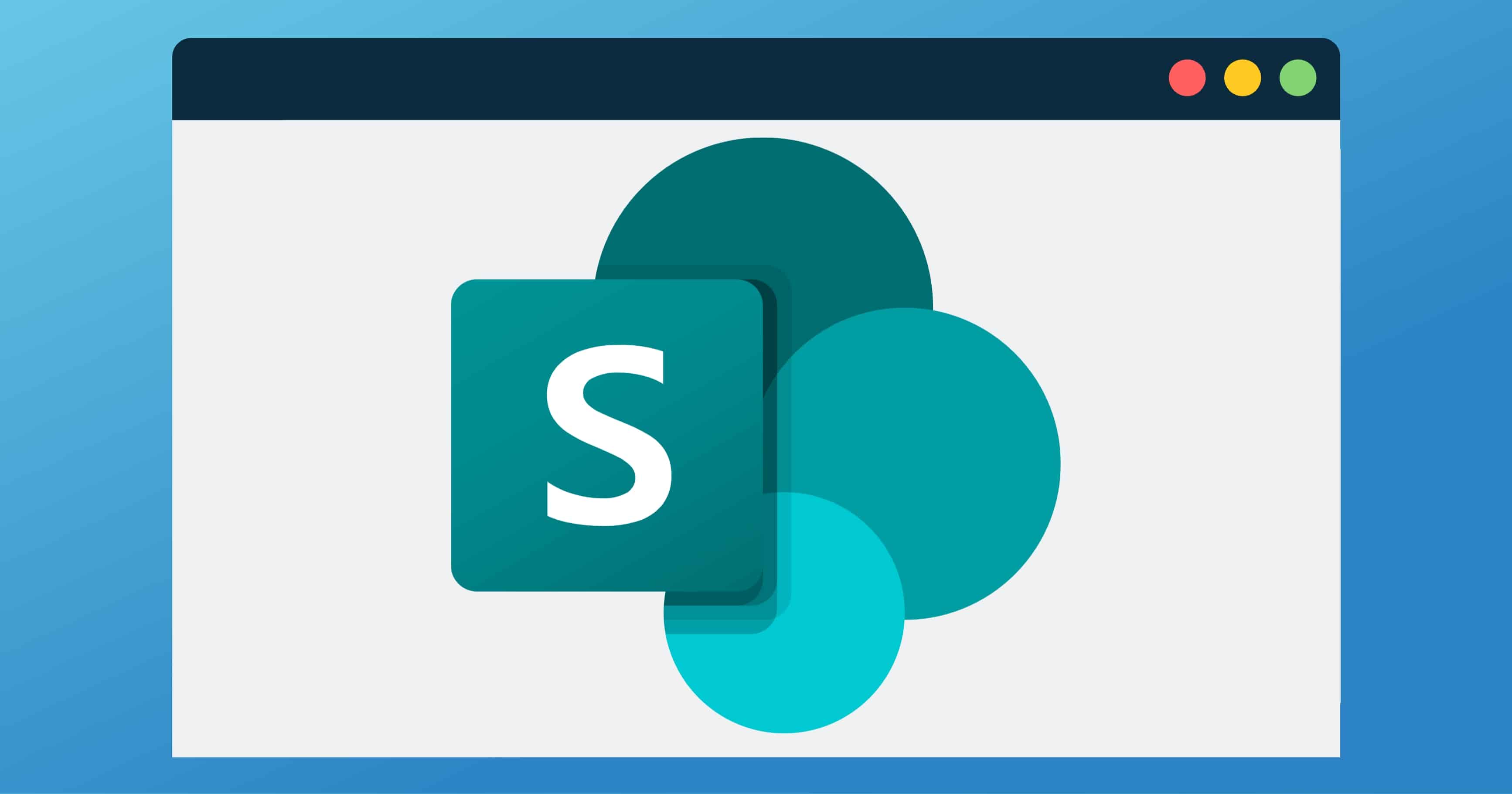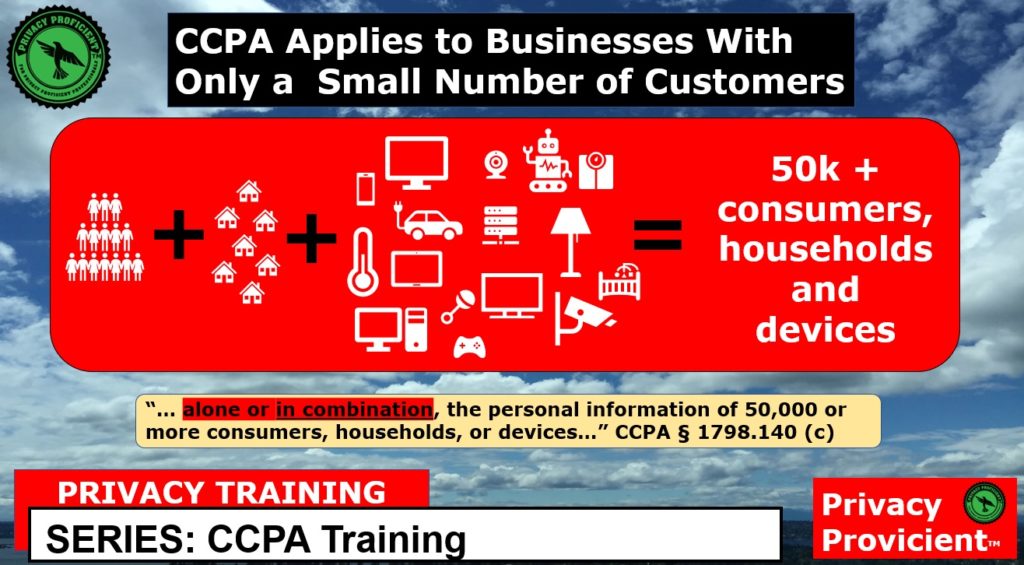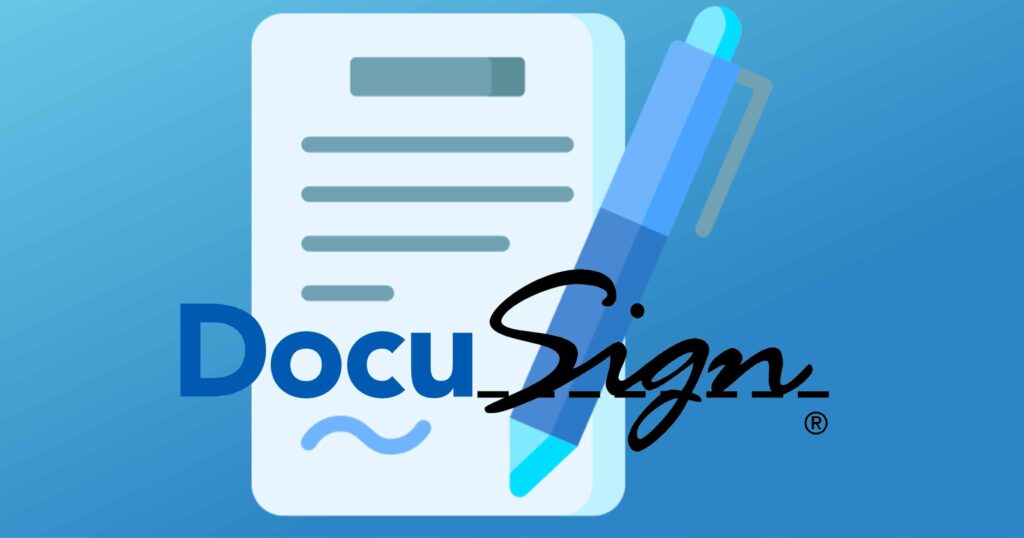SharePoint is a powerful platform that has become increasingly popular in the business world, particularly for its ability to facilitate collaboration and communication. As organizations transition to digital workflows, the question of whether SharePoint is compliant with the Health Insurance Portability and Accountability Act (HIPAA) is becoming increasingly important.
HIPAA is an important piece of legislation that was passed in 1996 to protect the privacy of patient health information. In order for an organization to comply with HIPAA, they must ensure that their data is secured and that appropriate measures are taken to protect the confidentiality of patient information. SharePoint has become an integral part of many organizations’ digital workflows, and it is important to know if it is compliant with HIPAA. In this article, we will discuss the various ways in which SharePoint can be used to meet the HIPAA compliance requirements.
Yes, SharePoint is HIPAA compliant. It offers powerful tools for managing and securing data, such as file encryption, auditing, and Active Directory integration. SharePoint also offers features to help organizations comply with HIPAA requirements, such as document versioning, content approval, and retention policies.

Is SharePoint HIPAA Compliant?
SharePoint is a web-based platform developed by Microsoft that is used for document management and collaboration. As a result, a lot of organizations are asking whether SharePoint is HIPAA compliant. HIPAA is the Health Insurance Portability and Accountability Act, a federal law that governs how healthcare information is protected and used.
What is HIPAA?
HIPAA is a federal law that was enacted in 1996 to protect the privacy and security of personal health information (PHI). The law requires organizations that handle PHI to follow certain security requirements, such as ensuring that PHI is stored securely and only accessed by authorized individuals. In addition, HIPAA requires organizations to take certain measures to protect PHI from being accessed or disclosed without authorization.
HIPAA Compliance Requirements
In order to be considered HIPAA compliant, an organization must meet the following requirements:
Data Security
Organizations must put in place physical, technical, and administrative safeguards to protect PHI from unauthorized access or disclosure. This includes encrypting PHI, using secure passwords, and limiting access to PHI to authorized individuals.
Audit Controls
Organizations must have audit controls in place to track who has accessed PHI and when. This includes logging all access to PHI and regularly reviewing the logs for any suspicious activity.
SharePoint and HIPAA Compliance
SharePoint can be used in a HIPAA compliant manner, but it is important to note that it is not HIPAA compliant out of the box. Organizations must put in place the necessary safeguards to protect PHI, such as data encryption and audit controls.
In addition, organizations must make sure that SharePoint is configured properly and that all users are trained on how to use it in a HIPAA compliant manner. For example, users should be aware of the importance of using strong passwords and not sharing PHI with unauthorized individuals.
Organizations should also review the SharePoint security settings to ensure that PHI is only accessible to authorized individuals and that PHI is stored securely. In addition, organizations should consider using third-party tools to ensure that SharePoint is configured properly and that all PHI is properly protected.
Frequently Asked Questions
SharePoint is one of the most popular collaboration tools for businesses, and many organizations must adhere to the Health Insurance Portability and Accountability Act (HIPAA) regulations. This article looks at how SharePoint can be configured to support HIPAA compliance.
Is SharePoint HIPAA Compliant?
Yes, SharePoint can be configured to comply with HIPAA requirements. In order to do so, organizations must ensure that they are using the proper security protocols and data encryption methods. Additionally, they must also restrict access to certain files and folders based on user roles and permissions.
The best way to ensure that SharePoint is HIPAA compliant is to work with a certified HIPAA consultant. A consultant can help organizations identify areas where they need to make changes and provide guidance on how to properly configure SharePoint for HIPAA compliance.
What Security Measures Need to Be Taken for SharePoint to Comply With HIPAA Rules?
Organizations that wish to use SharePoint for HIPAA compliance must take a number of steps. First,they must ensure that the proper security protocols and encryption methods are in place. This includes setting up firewalls, virtual private networks (VPNs), and other measures to protect data from unauthorized access. Additionally, organizations must also restrict access to certain files and folders based on user roles and permissions.
Organizations must also ensure that all data is backed up regularly and stored in a secure location. This will help ensure that data is not lost in the event of a system failure or other unexpected event. Lastly, organizations must ensure that there is a procedure in place for regular monitoring and auditing of the system to make sure it is up-to-date and compliant with HIPAA regulations.
What Are the Benefits of Using SharePoint for HIPAA Compliance?
Using SharePoint for HIPAA compliance offers a number of benefits. First, it provides organizations with a secure platform on which to store and share data. Additionally, SharePoint also offers a wide range of features that can help organizations manage and track data, such as version control, document versioning, and workflow approval processes.
SharePoint also offers enhanced security features, such as user authentication and encryption, which are essential for HIPAA compliance. In addition, SharePoint allows organizations to easily share data with external parties, such as clients or vendors, while still maintaining the necessary levels of security.
What Are the Risks Involved in Using SharePoint for HIPAA Compliance?
As with any type of technology, there are some risks associated with using SharePoint for HIPAA compliance. The primary risks involve the security of the data. If the platform is not properly configured and secured, then there is a risk that data could be accessed by unauthorized individuals. Additionally, if the system is not regularly monitored and audited, then there is a risk that data could be lost or corrupted.
In order to minimize these risks, organizations must ensure that they are using the latest security protocols and encryption methods. Additionally, they must also ensure that all data is backed up regularly and stored in a secure location. Lastly, organizations must have a procedure in place for regular monitoring and auditing of the system.
What Are the Implications of Not Being HIPAA Compliant?
Organizations that do not comply with HIPAA regulations can face significant fines and other penalties. These penalties can include fines of up to $50,000 per violation, as well as jail time for those who are found to have willfully and knowingly violated the law. Additionally, organizations that are found to be non-compliant may also face public shaming, loss of business, and even criminal prosecution.
Given the serious implications of not being HIPAA compliant, it is essential for organizations to ensure that their systems and data are secure. Organizations should work with a certified HIPAA consultant to assess their current practices and identify areas where they need to make changes in order to become compliant. Additionally, organizations should also ensure that they have a procedure in place for regular monitoring and auditing of the system to make sure it is up-to-date and compliant with HIPAA regulations.

SharePoint is an essential tool for businesses and organizations, both large and small. It allows for efficient collaboration and communication, as well as secure storage of information. However, many organizations must also comply with the Health Insurance Portability and Accountability Act (HIPAA). After reviewing the evidence, it is clear that SharePoint is compliant with HIPAA regulations and can be used by organizations subject to HIPAA requirements.
SharePoint provides organizations with a secure, compliant platform to store and share their data. It is a secure and reliable platform that allows organizations to easily store and share important information while ensuring compliance with HIPAA requirements. Organizations can rest easy knowing that they can use SharePoint to safely and efficiently collaborate with their team and keep their data secure.


